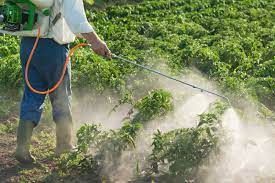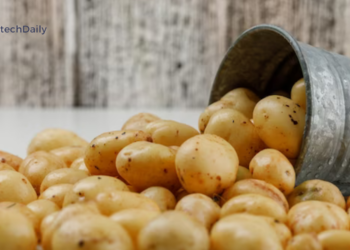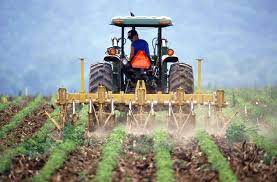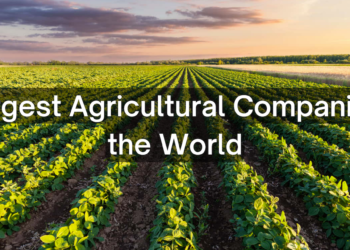Crop protection is a critical component of modern agriculture, and pesticides play a major role in keeping crops healthy and free from pests and diseases. But how do these chemicals work to kill insects, weeds, and other unwanted pests?
Crop protection refers to the measures taken to protect crops from damage caused by pests, diseases, and environmental factors. This is a critical aspect of modern agriculture, as crops are essential for providing food, feed, fiber, and fuel to the growing global population.
Pests and diseases can cause significant damage to crops, reducing yield and quality. In some cases, they can even cause complete crop loss. To prevent this, farmers use a variety of crop protection methods, including:
- Cultural practices: This includes practices such as crop rotation, crop sanitation, and proper irrigation and fertilization. By maintaining healthy and vigorous crops, farmers can reduce the risk of pest and disease damage.
- Physical and mechanical methods: This includes practices such as tillage, hand weeding, and using barriers or screens to physically exclude pests from crops.
- Biological control: This involves using natural predators, parasites, or pathogens to control pests. For example, ladybugs are often used to control aphids, and certain bacteria and fungi can be used to control plant pathogens.
- Chemical control: This involves using pesticides to control pests. Pesticides work by disrupting the biology of pests, making it difficult or impossible for them to survive. There are several types of pesticides, including insecticides, fungicides, herbicides, and others, each of which is designed to control a specific type of pest.
In addition to controlling pests, crop protection also involves protecting crops from environmental factors, such as extreme temperatures, drought, and frost. This can be achieved through measures such as irrigation, shade structures, and frost protection.

It’s important to note that crop protection is a complex and evolving field, and there is ongoing research and development to improve and refine existing methods. In recent years, there has been a growing focus on integrated pest management (IPM), which seeks to minimize the use of pesticides and other chemicals while still maintaining effective crop protection.
In conclusion, crop protection is an essential aspect of modern agriculture, as it helps to ensure a healthy and productive crop, and ultimately, a sustainable food supply. By combining cultural practices, physical and mechanical methods, biological control, and chemical control, farmers can effectively protect crops from damage and provide a safe and abundant food supply for the global population.
How Pesticides Work:
Pesticides work by interfering with the biology of pests, making it difficult or impossible for them to survive. There are several mechanisms by which this can occur, including:
- Disrupting the nervous system: Many insecticides work by disrupting the nervous system of pests, causing paralysis and death. This can be achieved through the inhibition of certain enzymes or by blocking the transmission of nerve impulses.
- Interfering with hormones: Some insecticides work by interfering with the production, release, or action of hormones that regulate the growth and development of pests. This can lead to abnormal growth, reproduction, and death.
- Disrupting the digestive system: Some pesticides work by disrupting the digestive system of pests, making it difficult for them to feed and absorb nutrients. This can cause starvation and death.
- Preventing cell division: Some fungicides work by preventing the division and growth of fungal cells, thereby controlling the spread of fungal diseases.
- Killing spores: Herbicides work by killing fragments or reducing their growth, thereby controlling the spread of unwanted weeds.
Types of Pesticides:
There are several types of pesticides, including insecticides, fungicides, herbicides, and others. Each type of pesticide works in a different way to control pests and protect crops.
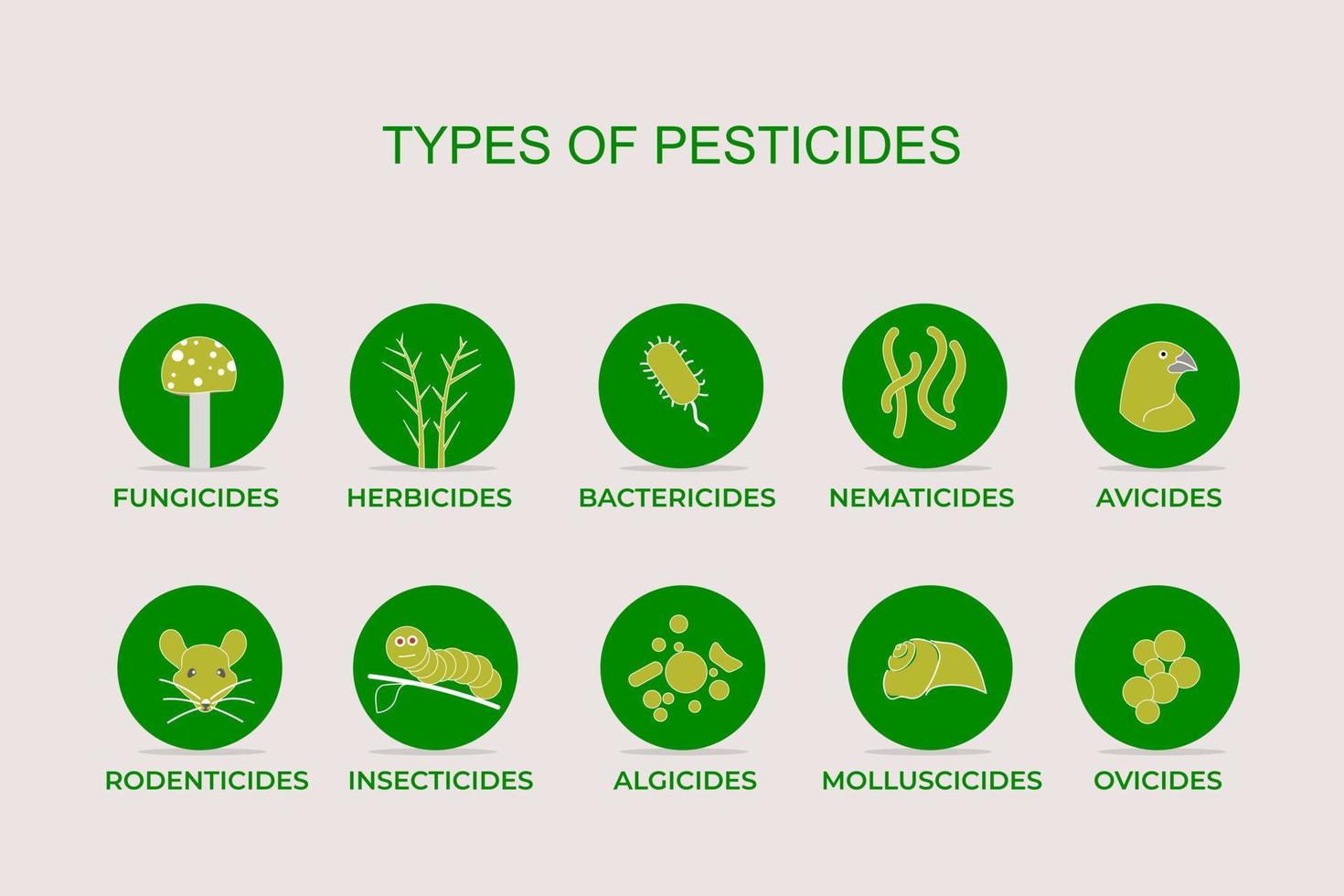
Insecticides:
Insecticides are chemicals used to control insects that damage crops. They can be applied directly to crops or used to treat seeds before planting. Insecticides work by disrupting the biology of pests, making it difficult or impossible for them to survive. Some insecticides are toxic to all insects, while others are selective, only affecting specific pests.
Fungicides:
Fungicides are chemicals used to control fungal diseases that can cause significant crop damage. They work by preventing the growth and spread of fungal cells, thereby controlling the spread of fungal diseases. Fungicides can be applied directly to crops or used to treat seeds before planting.
Herbicides:
Herbicides are chemicals used to control weeds, which can compete with crops for nutrients, light, and water. Herbicides work by killing fragments or reducing their growth, thereby controlling the spread of unwanted weeds. Herbicides can be applied directly to crops or used to treat seeds before planting.
Conclusion:
In conclusion, pesticides play a critical role in modern agriculture, providing a means of controlling pests and protecting crops. By interfering with the biology of pests, pesticides can make it difficult or impossible for pests to survive, thereby protecting crops from damage. Whether it’s through disrupting the nervous system, interfering with hormones, disrupting the digestive system, preventing cell division, or killing fragments, pesticides are a powerful tool in the fight against pests and diseases.
However, it’s important to use pesticides responsibly and according to the instructions on the label. Overuse of pesticides can have negative environmental impacts and harm beneficial insects, such as pollinators. By using pesticides judiciously, we can protect crops and the environment, ensuring a sustainable food supply for future generations.


